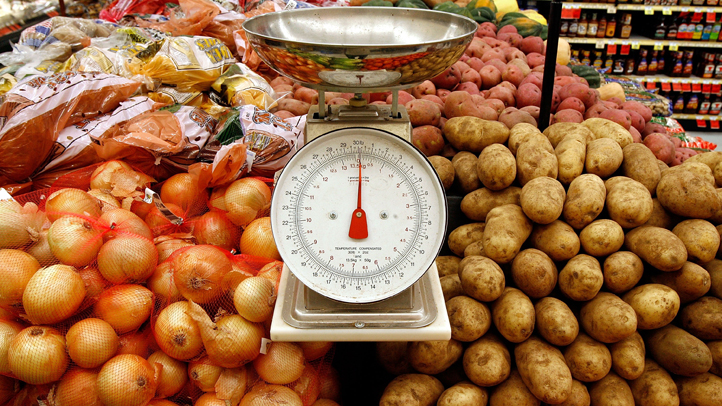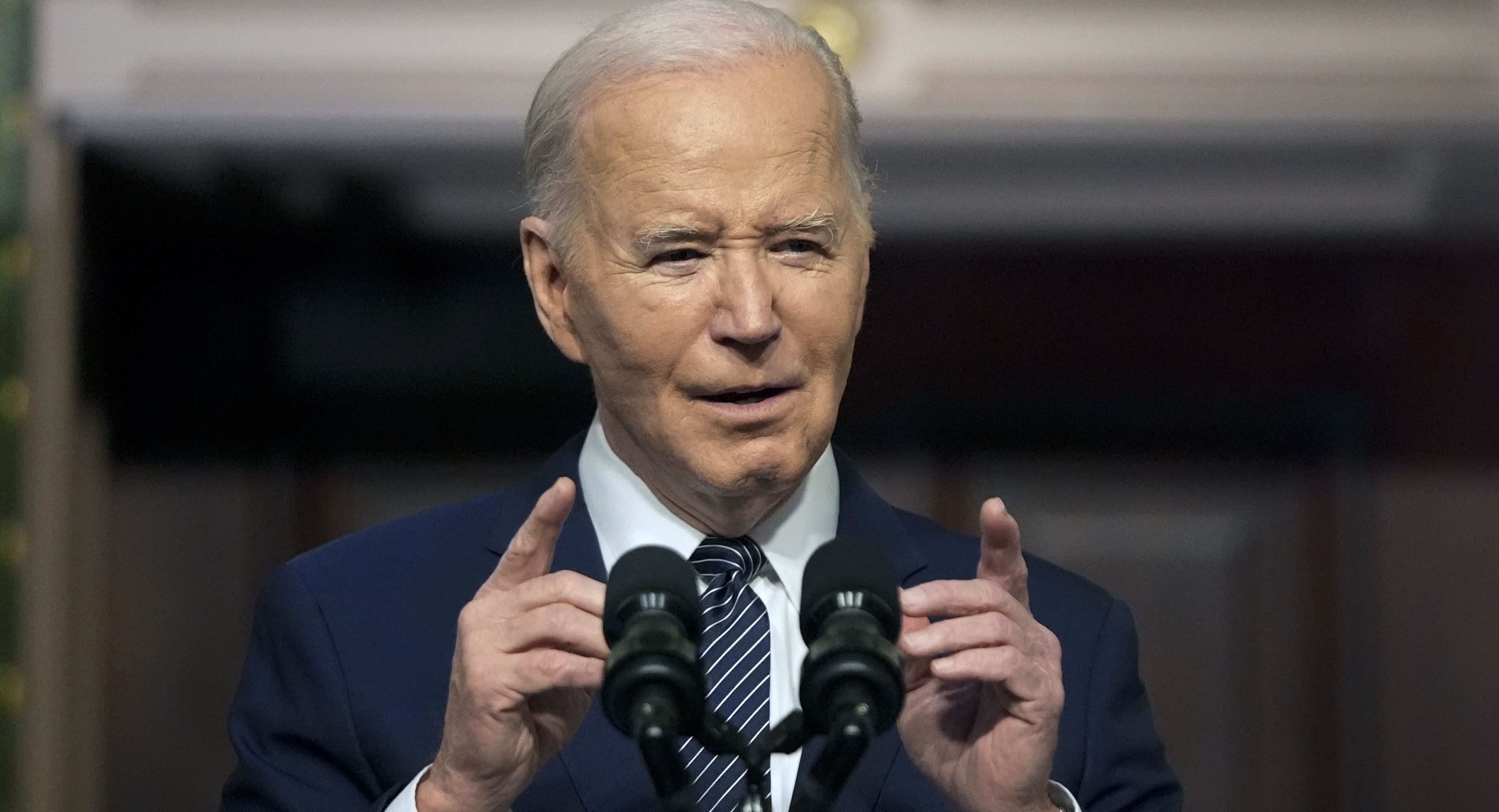Republicans who gained ground in the Illinois General Assembly two years ago with Gov. Bruce Rauner's financial assistance have a tougher go of it this year.
Rauner and his top backers showered more than $40 million on legislative races in 2016. Against a legislative district map drawn by Democrats, the GOP picked up two seats in the Senate and four in the House, where they eliminated powerful House Speaker Michael Madigan's veto-proof majority.
But things have changed. Madigan didn't need that supermajority in summer 2017 to override Rauner's veto of a tax increase and budget deal to end a record-breaking two-year state financial stalemate. A year later, Rauner's too preoccupied with keeping the governor's office to divert attention to the Legislature, where the Democratic Party apparatus can spread out more money because it doesn't have to finance the campaign of its standard-bearer, billionaire gubernatorial hopeful J.B. Pritzker.
Combine that with a Democratic-leaning state's distaste of Republican President Donald Trump, endless hubris from Democrats nationally about a "blue wave" on Election Day, and it doesn't look like a good season to be a Republican.
"It's hard to see how the Republicans are doing anything but playing defense right now," said Brian Gaines, a political scientist at the University of Illinois Urbana-Champaign. "The critical question is whether Democrats get back to 71" and a House supermajority.
The roughly $14 million Rauner's put up for the state party or legislative candidates for 2018 is not only a fraction of his 2016 largesse, it's offset by Pritzker's $7.5 million for Democratic legislative candidates.
That doesn't mean the GOP is tossing in the towel. The party is on the offensive in southern Illinois, where Trump coattails still have pull, and its candidates are running strongly, if defensively, in traditionally GOP-influenced suburban Chicago districts.
"Republicans across the state are standing united in opposition to the Pritzker-Madigan agenda for more spending and higher taxes," said House Republican Leader Jim Durkin of Western Springs. "We are working tirelessly through Election Day to take away Madigan's majority."
Chicago Politics
The Republicans' 2016 advances reduced Democratic majorities to 67-41 in the House and 37-22 in the Senate.
Highlighting the GOP's southern strategy is a rematch between Edwardsville Democratic Rep. Katie Stuart and the three-term Republican she upended in 2016, ex-Rep. Dwight Kay of Glen Carbon.
The plain-talking businessman Kay is a good bet in the Republican-leaning district, on paper. Unfortunately, in a race that could see spending of $1.3 million, Stuart holds a 5-1 money advantage, according to data compiled by Kent Redfield, professor emeritus at the University of Illinois at Springfield.
That's the case in the other southern Illinois races on which Republicans are pinning their House hopes. In three key races, Redfield's numbers suggest spending of $4.7 million — $3.5 million of it by the Democratic incumbents.
In 10 closely watched Senate races, spending could top $14 million, according to Redfield's figures. But even though six of those races feature Republican incumbents, Democrats control $11 million of the funding.
"Last time it was like they (GOP) had unlimited money but now, he (Rauner) is focused on the governor's race," Redfield said. "It seems he thinks Republicans are not going to do well and it becomes a self-fulfilling prophecy. If he doesn't give them as much, they won't do as well."
But it's more than just money, state Democratic Party Executive Director Christian Mitchell said. Voters are aware of "how extreme" Republicans have become and find Trump "offensive" to women and immigrants, said Mitchell, a state representative from Chicago. Closer to home, they blame Rauner for the fiscal damage wrought of the budget stalemate, he said, despite the significant role played by Democrats in the General Assembly.
And Democrats are much more optimistic about this election and the future, Mitchell said, a phenomenon reflected in candidates as well as voters.
"Candidates and campaigns matter," Mitchell said. "The candidates Democrats have recruited across the state are better than they've recruited and the campaigns Democrats are running are better than they're running. Democrats are talking about the kitchen-table issues that people care about."



